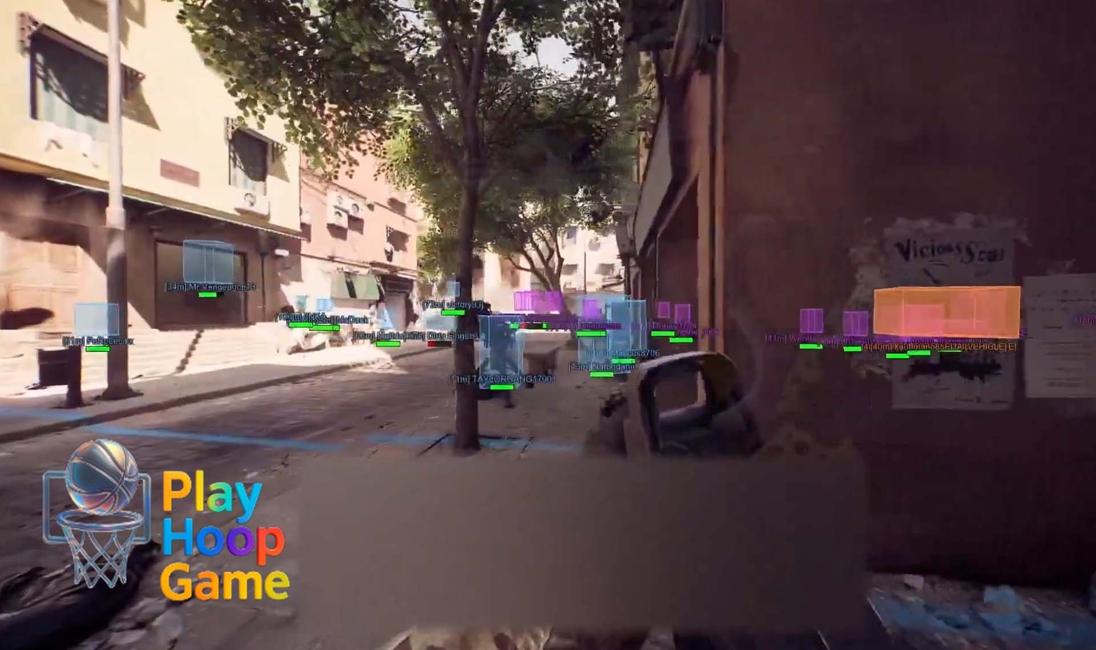I wish I could say I was surprised. I really do.
There was a moment yesterday, a single, perfect moment in the Battlefield 6 beta. I was crouched behind a burnt-out transport on the Orbital map, the skybox a chaotic mess of rocket trails and impending doom. My squad was pushing the objective, smoke was everywhere, and the sound design was just… *chef's kiss*. For about thirty seconds, it was everything I love about this franchise. The scale. The teamwork. The glorious, unscripted chaos.
And then I died.
Not from a well-placed grenade. Not from a sniper I didn’t see. I died, instantly, from a single pistol shot fired by a player who was literally facing the other direction, sprinting, a good 200 meters away. His character model didn’t even flinch in my direction. The killcam confirmed it. A perfect, impossible headshot.
I just put my controller down, leaned back in my chair, and sighed. The kind of sigh that carries the weight of a thousand similar deaths across a dozen different games. Well, that didn't take long.
And So, the Cycle Begins Anew
It's a ritual as old as online gaming itself. A big new shooter drops a beta, the servers creak open, and within hours—not days, but hours—the cheaters arrive. They are the unwelcome, inevitable houseguests of the digital world. You know they’re coming, you just hope they’ll have the decency to at least wait until the launch party is over.
But no. Here we are. It’s almost a cliché at this point. Fire up Reddit, check Twitter, or wade into any Discord server dedicated to the game. You'll see them. The grainy killcam clips. The screenshots of impossible K/D ratios. The threads titled with some variation of “Is it just me, or…?”
It’s not just you. Yup, people are already using cheats in Battlefield 6‘s Open Beta. And it’s not just the blatant, spin-botting-in-the-middle-of-the-map kind of cheating, either. That’s easy to spot. No, the more insidious stuff is already seeping in. The subtle wallhacks that give players perfect pre-fire timing. The soft-aim assists that make every shot just a little too accurate. The kind of thing that makes you question your own skill and sanity.
Did that guy just get an incredible flick shot, or did his software do it for him? Was his positioning pure genius, or could he see me through three concrete walls?
That doubt? That’s the real poison. It corrodes the entire experience, turning moments of awe into moments of suspicion.
How Does This Even Happen So Fast?
You might be wondering how cheat developers can possibly cook up working hacks for a game that just became public. It seems like black magic. But it’s actually more like… well, it’s more like being a very, very skilled (and morally bankrupt) mechanic who’s seen the same car engine for years.
Think about it this way. While Battlefield 6 is “new,” its bones are familiar. It runs on the Frostbite engine, just like its predecessors. Cheat developers who have spent years reverse-engineering older Battlefield titles have a massive head start. They know where to look for player data, for weapon variables, for the game's core logic. When the beta files drop, they aren't starting from scratch; they're adapting their old tools to a new, but very similar, framework.
I initially thought it was just a few bad actors, but after digging into some of the darker corners of the internet (the places gamers speak of in hushed tones), it's clear this is a business. A depressingly efficient one. They had these things ready to go. The open beta isn't just a playground for us; it’s a live-fire sales demo for them.
The frustrating thing is that the beta is supposed to be for bug hunting and server testing. Instead, it becomes this weird, unwilling showcase for cheat software. The very purpose of the beta gets undermined. It's like trying to test the structural integrity of a new bridge while a crew of saboteurs is actively loosening the bolts. The data gets skewed. The feedback gets muddied. And honest players get a terrible first impression.
Okay, So What Does This Mean for the Full Game?
This is the million-dollar question, isn't it? Is this beta a grim prophecy of a launch plagued by hackers? Or is it a necessary evil?
The optimistic take—and I'm trying, I really am—is that this is all part of the plan. DICE and EA get to see exactly what the first wave of cheats looks like. Their anti-cheat teams can gather data, analyze the hacks, and (hopefully) develop countermeasures before the game goes gold. Every cheater banned in the beta is a data point. The game's anti-cheat, which these days is often a complex, kernel-level system, is learning. It's adapting. This is the warm-up round in a long, exhausting fight.
But the pessimist in me, the one who’s been headshot through a mountain range in every shooter since 2007, knows it's a perpetual arms race. Anti-cheat gets better, so cheats get smarter. They go deeper into the system, they become harder to detect, they learn to mimic human error. It never, ever ends.
Sometimes, after a particularly bad session, I just have to switch off and do something else. Go play some simple, stress-free flash games or something. I was looking at the hot games on CrazyGames the other day and just thought, "Wow, nobody is using an aimbot in that stickman fighting game." There's a certain purity there that gets lost in the AAA space.
It's a weird feeling to be so excited for a game's potential while also being so preemptively tired of the community that will inevitably try to ruin it. It’s like being a massive fan of a pristine, beautiful beach, knowing full well that a crowd is on its way to leave their trash everywhere. I just want to play the game. Is that so much to ask? Maybe I should just stick to something simple, like the Doodle Cricket game my friend showed me. At least the ball goes where it's supposed to.
FAQs: Your Battlefield 6 Beta Cheating Questions Answered
Let's clear the air on a few common questions I've been seeing pop up everywhere.
How can I be sure someone is actually cheating?
Honestly, it's tough. Blatant stuff like spinning aimbots is obvious. But for wallhacks or slight aim-assists, it's harder. The best indicator is consistency. Does a player *always* seem to know exactly where you are? Do they pre-fire corners with uncanny accuracy every single time? Watch the killcam. If their aim snaps instantly and unnaturally between targets without any correction, that's a huge red flag. But remember, some players are just incredibly good. Don't let paranoia make you report every skilled player.
Why would anyone even bother to cheat in a beta where stats don't carry over?
It seems pointless, right? But the motives are varied. Some do it for the simple, pathetic thrill of feeling powerful. Others are content creators trying to get "sick clips" for montages. And for the cheat developers themselves, it's R&D and marketing. They test their products and show potential customers that, yes, their cheats work on the latest and greatest game.
Will the anti-cheat be more effective in the final release?
That's the hope. A beta is a prime data-gathering opportunity for the developers. They are actively collecting information on how these early cheats operate to strengthen their anti-cheat systems for launch day. So, theoretically, yes. But it will never be a 100% cheater-free environment. It's a constant battle, not a war that can be "won."
Does reporting players in the beta actually do anything?
Absolutely. It might feel like shouting into the void, but every report helps. It flags players for review by the anti-cheat team and provides valuable data points. Even if a player isn't banned immediately, a spike in reports against them helps the system identify suspicious patterns. It's your one true weapon in this fight, so use it.
In the end, I'll keep playing the beta. I'll report the cheaters. I'll try to focus on those perfect, chaotic moments that made me fall in love with the series in the first place. I suppose that's the nature of being a fan of something big and popular—you have to take the good with the bad. Even when the "bad" has an aimbot and can see you through a building. It's frustrating, but the promise of what this game *could be* is just enough to keep me logging in. For now.
And when it gets to be too much, there's always a simpler game waiting.

























